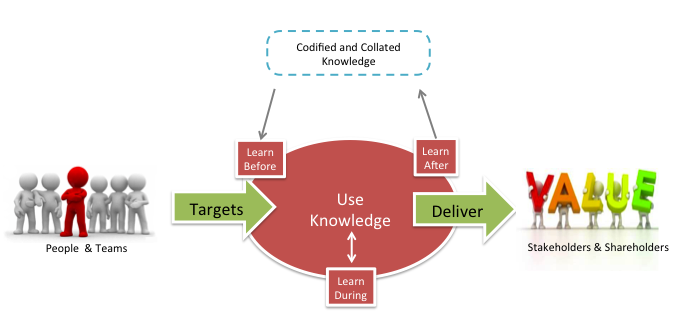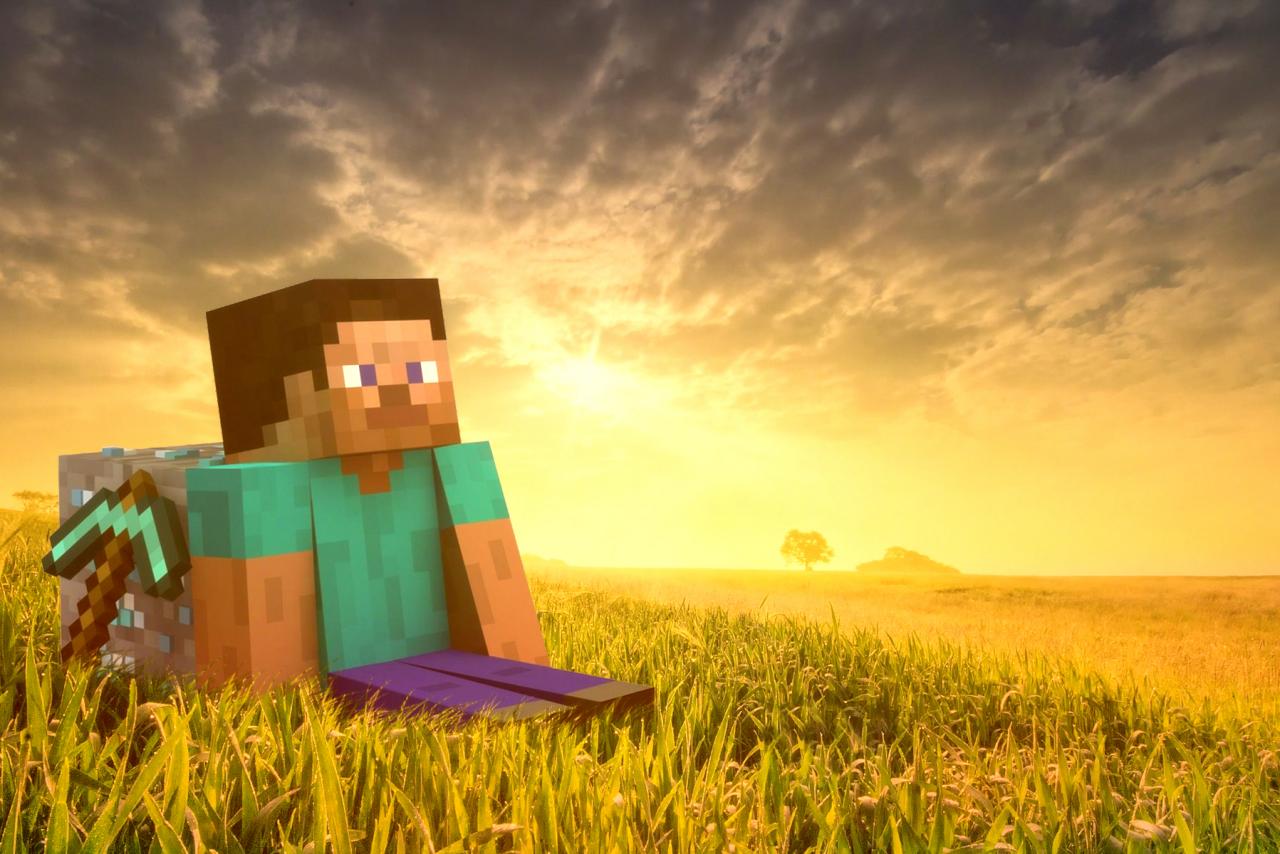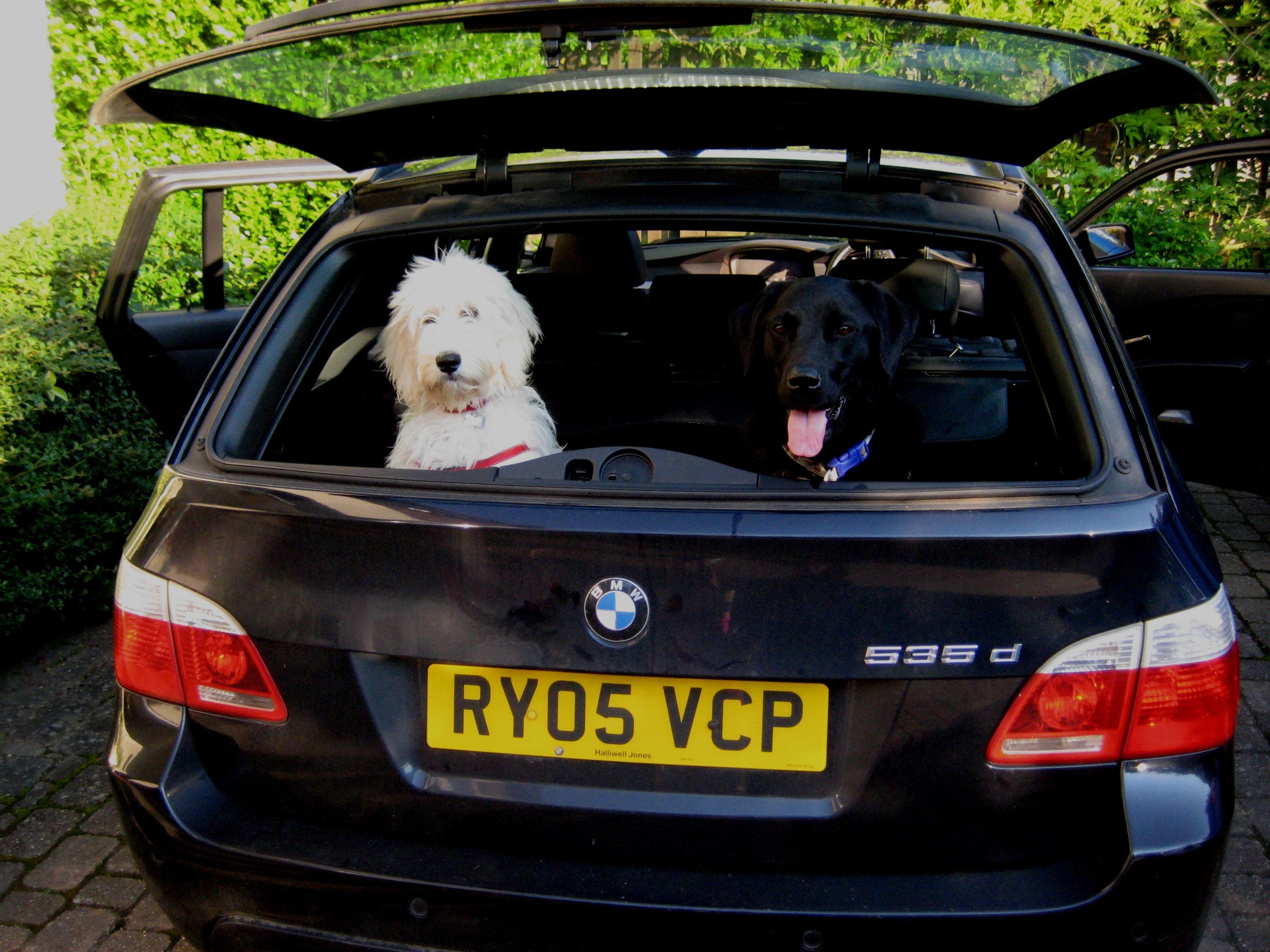Is it true that the best things come in small packages when it comes to knowledge?
I came across this helpful framework for thinking about the way we approach the packaging and sharing of knowledge. (Thanks Elizabeth for spotting it).
Just in Case. That’s been the unspoken but underlying mantra of many KM programmes. Let’s capture everything - all of those documents, lessons, transcripts and store them in a folder, just in case we need them in the future. It’s like archiving, but without the indexing rigour that a professional would apply.
So when that moment of need does arrive, it’s often too difficult to extract than insightful nugget or reusable example. It can be like rummaging through the rubbish bin to find that set of keys you dropped. You get messy and frustrated trying, then you give up and get a new set cut.
Now of course, there are often procedural and legal reasons why we do need to store everything associated with a particular individual or process – but we should watch out for tendencies to become Organisational Hoarders!
Just in Time. One of Dave Snowden’s truisms is “you don’t know what you know until you need it”. We need a way to harness current knowledge and recent experience right in our moment of need. We’re not going to do battle with the SharePoint search function, and we’re not going to read through a pile of case studies or lessons learned reports in order to separate the signal from the noise.
And how do we know that yesterday’s lesson will serve today’s problem? We don’t have time for that – we have a real need, a desire to satisfy that need right now and we can’t ask questions of our documents!
How do we best respond to that? Just-in-time points us towards the tapping of formal communities and informal networks, inside and outside organisations. It’s the domain of knowledge jams on Jive and Yammer, questions to our Twitter networks. Face-to-face, it’s a great place to use techniques like Peer Assists and “Speed Consulting”. Sometimes those interactions will point people back to content and documents, but they cut through the noise and provide access to a willing army of experienced volunteers - when faced with a cry for help – are often only too willing to help.
Just enough.I didn’t have time to write you a short letter, so I wrote you a long one. Lack of time, and lack of strategic focus are two reasons why we end up with a Just-in-Case approach to content and documents.
Curation takes time, and it requires expertise. It’s best played as a team sport rather than an individual perspective – but it makes a huge difference when it comes to creating an asset which educates and informs the reader/learner.
Are we planting vast fields of information assets? Or are we harvesting fruitful knowledge assets? The latter is designed to provide just enough - and also to enable digging on the specifics details
Just for me. Perhaps that should be the ultimate goal of our work an KM professionals. To be able to mine the riches of just-in-case knowledge, to deliver it at the moment I need it, to hone it down so that it's the perfect fit (not too much or too little) for my knowledge gaps and can be easily applied... and to do it in such a way that it's tailored for my personal needs. Now that's quite a proposition.































 Our BMW is nearly 8 years old now. It’s been brilliant, and it’s had to put up with a lot from a growing family, and now a dog with an affinity for mud and water.
Our BMW is nearly 8 years old now. It’s been brilliant, and it’s had to put up with a lot from a growing family, and now a dog with an affinity for mud and water.